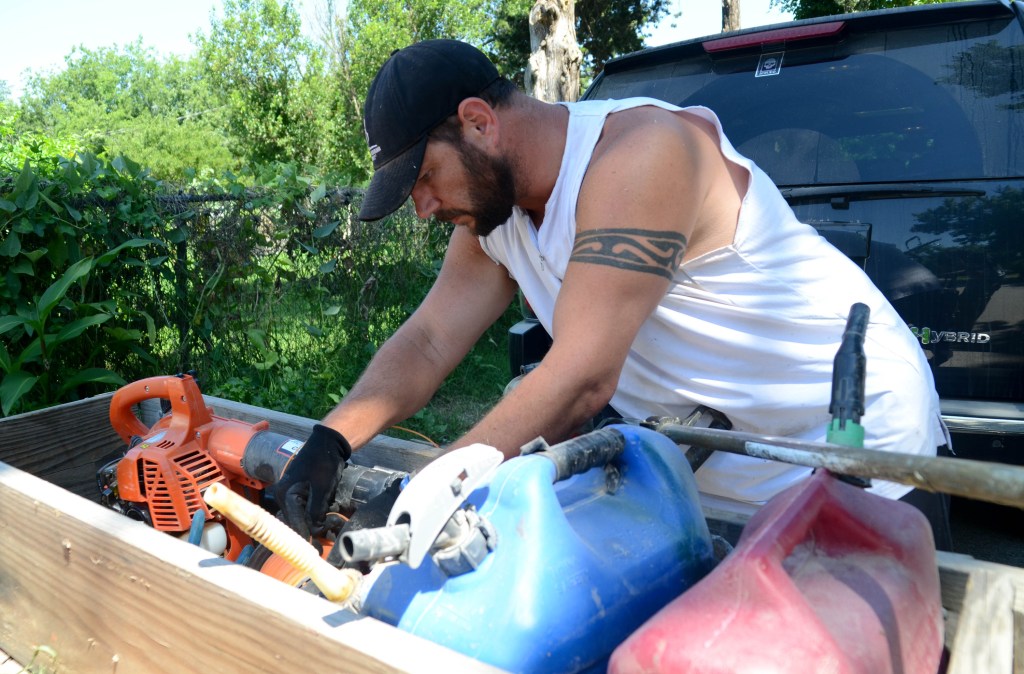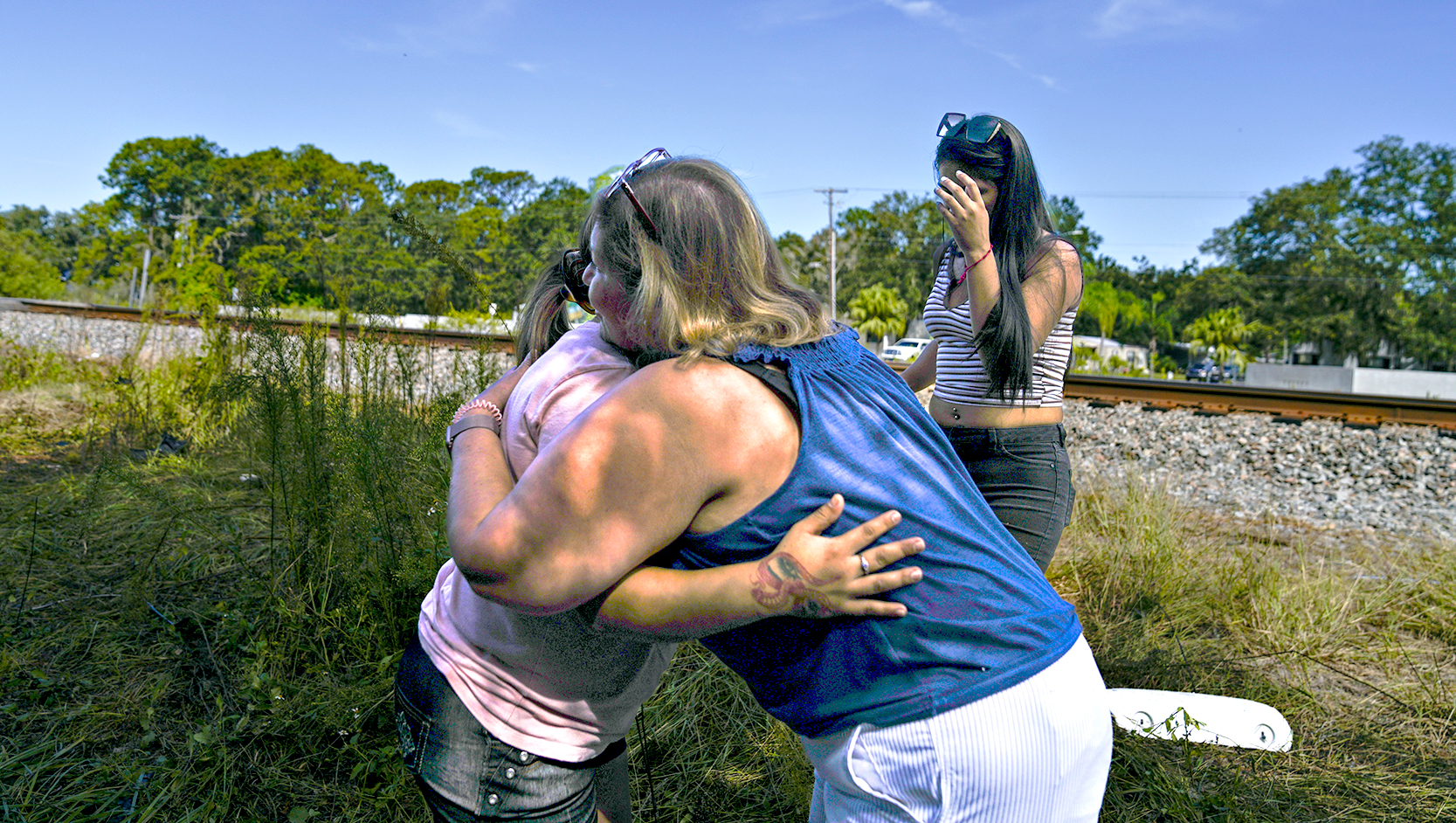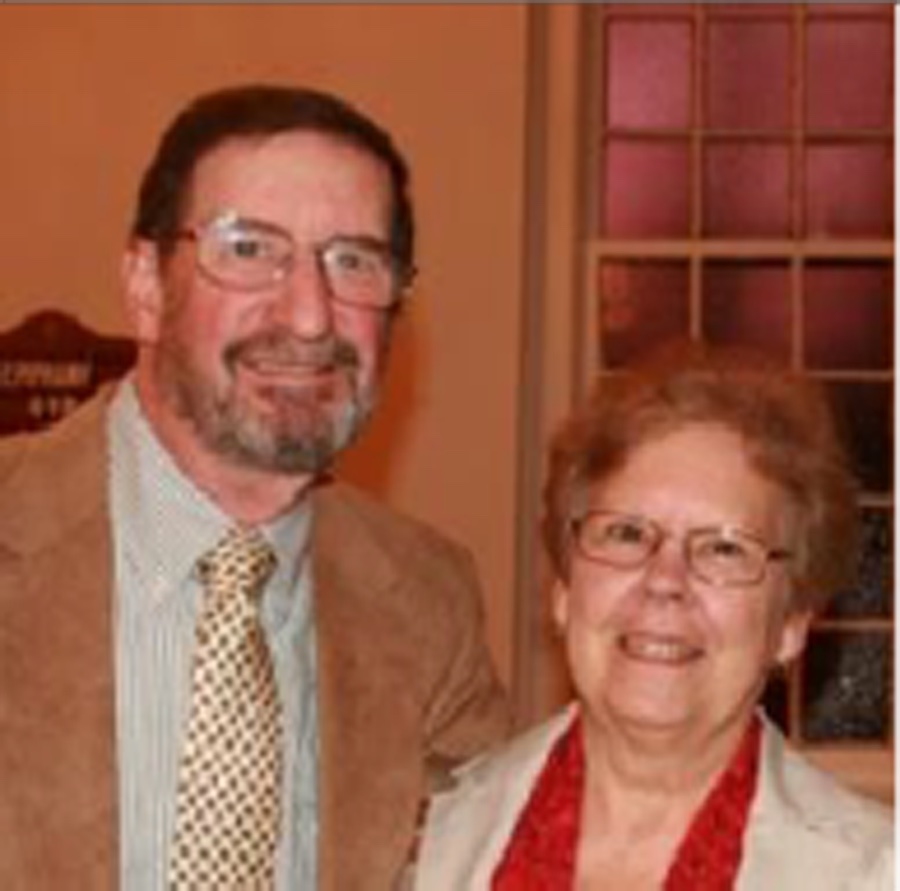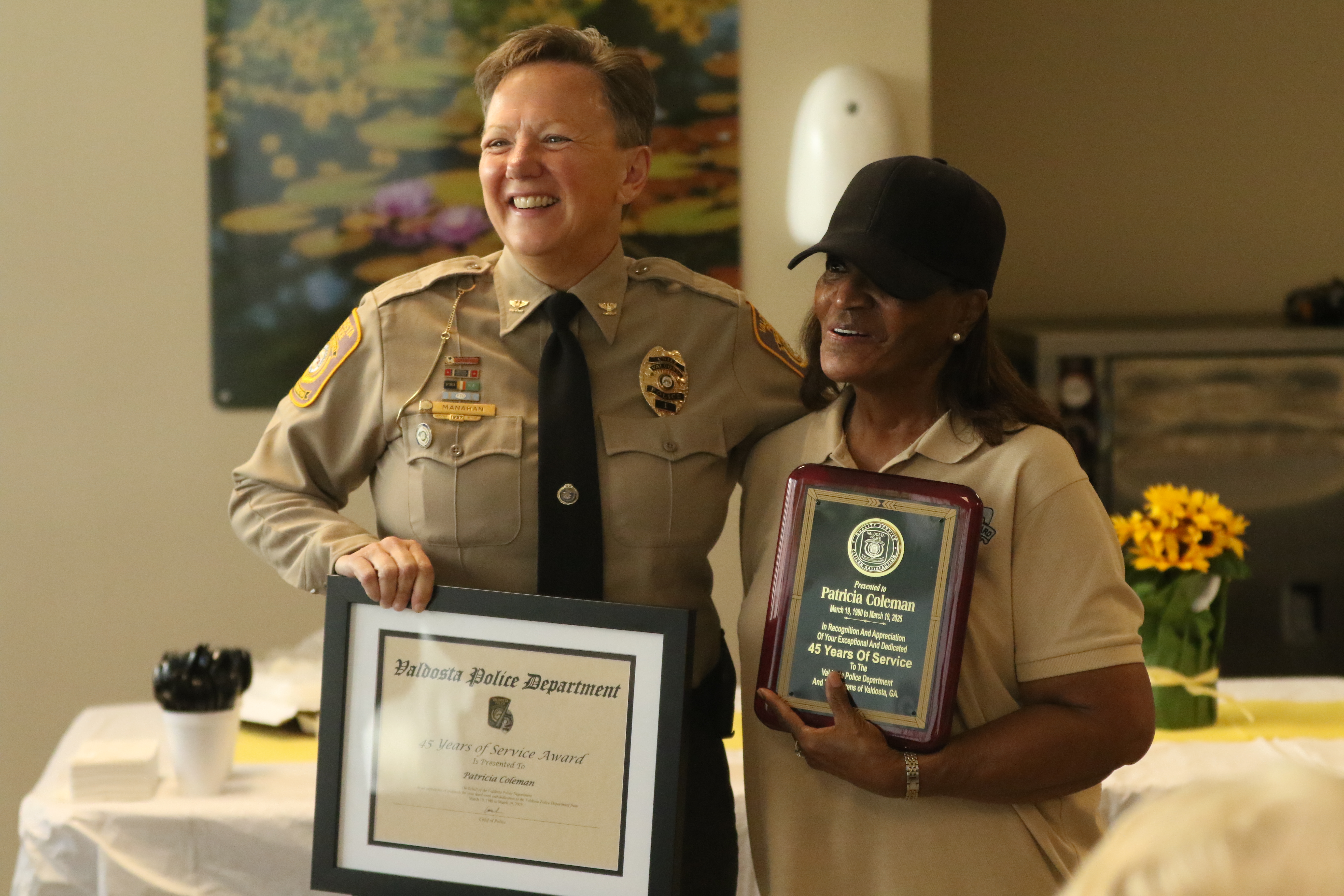Veteran battles PTSD with yard work
Published 6:30 pm Friday, July 3, 2015

- Army veteran Patrick works on a yard in Norman Thursday, June 25, 2015. (Kyle Phillips / The Transcript)
NORMAN, Okla. — The summer months in Oklahoma can be brutal. Temperatures can reach triple digits without even the slightest breeze to bring relief.
However, at this point in his life, Patrick Outlaw wouldn’t want to be anywhere else. The Norman native gave up a job at the Oklahoma City VA Medical Center in order to start his own lawn care business called Wounded Warrior Lawn Care. It’s not just because he likes to take care of lawns, but in order to save his life.
“It was really hard,” Outlaw said. “I loved what I was doing up at the VA hospital. I was talking to guys who were bringing their Post Traumatic Stress Disorder (PTSD) issues to me every day all day long. I just couldn’t do it anymore. I love working with other guys but it was just too much of an emotional toll on me. And so I figured what I needed to do was a medical retirement, leave the position. The retirement really doesn’t produce a lot of income and so I needed to do something on my own. It was a difficult decision. It broke my heart to leave the hospital. But I kind of had my own mental health to keep in mind.”
After three tours of duty with the U.S. Army in Kuwait, Bosnia and Afghanistan, Outlaw was diagnosed with PTSD. As his disorder grew stronger, he said it made it difficult for him to work inside or with others.
“What the PTSD wants to do to me is make me isolate and stay at home and locked up in my own fears and my own emotions and all my past experiences,” Outlaw said. “To do that you are asking for a slow road to suicide. And I’ve been there too. I know that in order to stay out of my head I had to find something that makes me work hard and just keeps me busy. If it’s something I enjoy doing, I make sure that I don’t quit. It’s part of my therapy.”
According to ptsdusa.org, one in three returning troops are diagnosed with PTSD symptoms. However, fewer than 40 percent will seek help.
Outlaw’s previous attempts to cure his PTSD only made the situation worse. It even had him at the point where he contemplated suicide.
“What saved me from that? I used to use alcohol to deal with my PTSD,” Outlaw said. “That was my only solution. Through recovery from alcoholism I’ve developed a strong network of friends who pretty much helped bring me back from that. I told them what I was suffering from and how I was suffering and they just kind of gathered around me.”
Outlaw said he created the lawn service in April after he stepped away from his job at the VA. Despite having an MBA (Masters Business Administration), taking care of lawns fits him best.
“I am just kind of passionate about lawn care,” Outlaw said. “Every house I’ve lived in I’ve always took great pride in taking care of the lawn. I always really enjoyed it. Bringing a lot of satisfaction as far as accomplishing something and getting it done. I figured that that was something I could provide as a service.”
Yet, Outlaw still admits to missing the work and people at the VA hospital. He liked helping fellow veterans who were suffering in the same ways he was.
“That’s one thing I miss is working with the guys,” Outlaw said. “They used to be lined up at my door because I was a patient advocate. They would line up at my door for help. They were coming to see me because I was combat veteran. They wanted to come and talk to me about all the things they were suffering from, naturally. But at the same time I wasn’t prepared for the emotional toll it would have on myself.”
Outlaw hopes to use Wounded Warrior Lawn Care to help veterans also. He knows there are others who suffer when they come back to the states in trying to readjust to normal life. Things such as finding a job they enjoy is a continual problem.
One day, Outlaw wants his business to be large enough to give others a sense of purpose with a job on his crew.
“I’d like for it to grow bigger,” Outlaw said. “It would be others who have served. I have several combat veteran buddies who want to come work and do it with me. I just don’t have the work for them. I pretty much have enough to keep me busy and that’s about it.”
Kinney writes for The Norman (Okla.) Transcript





